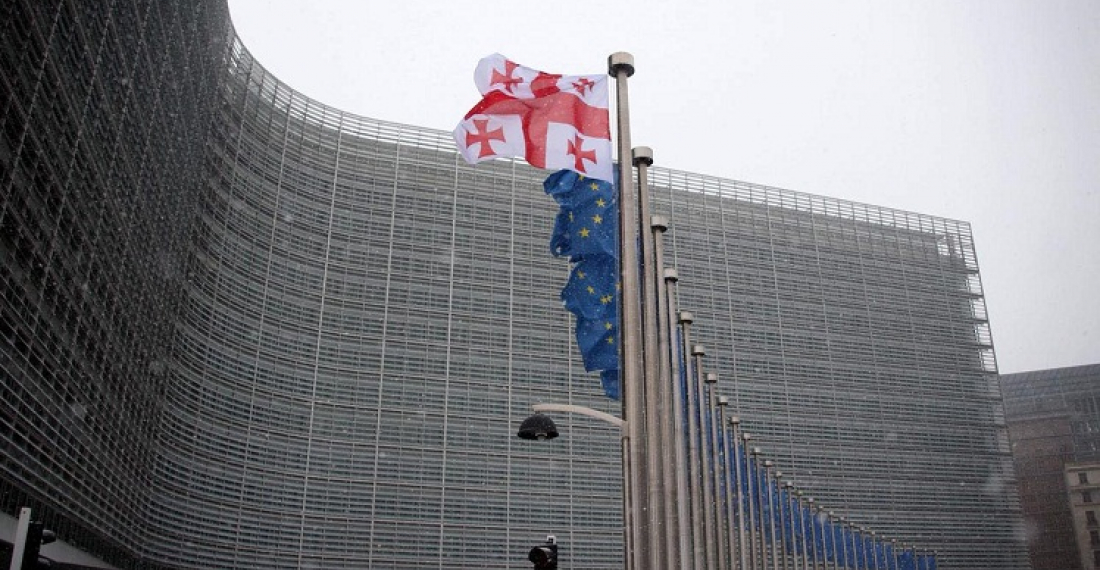The European Union has told Georgia to sort out its current political issues. EU High Representative for Foreign Affairs and Security Policy Josep Borrell, "underlined the vital importance of Georgian political parties finding common ground on the current political situation" in a meeting on Thursday (21 January) with visiting Georgian president Salome Zurabishvili. "Georgia needs a fully functioning, representative parliament, enjoying the trust of the population to take resolute action for a speedy, inclusive, green and sustainable recovery from COVID-19 and to advance the wider reform agenda, including in the judiciary", Borrell told the Georgian president.
Borrell and Zurabishvili discussed the COVID-19 pandemic, where the High Representative underlined the EU’s solidarity with the Georgian people, having committed €183 million to deliver protective equipment, strengthen the healthcare system, and support socio-economic recovery. The EU has also committed €150 million of Macro-Financial Assistance, half of which has already been disbursed. High Representative/Vice-President Borrell underlined the EU’s commitment to help to ensure that COVID-19 vaccines are accessible to all, including the EU’s neighbours. Additional EU assistance, in particular through the World Health Organisation, can be used by the Georgian authorities to ensure adequate preparation for the COVID-19 vaccination campaign.
High Representative Borrell and President Zourabichvili also discussed the security and humanitarian situation in the Georgian breakaway regions of South Ossetia and Abkhazia. The human rights situation remains of great concern with the populations deprived of freedom of movement and the subsequent negative impact on their livelihoods and access to healthcare. The High Representative reiterated the EU's full commitment to peaceful conflict resolution in Georgia and reiterated its firm support to the sovereignty and territorial integrity of Georgia within its internationally recognised borders.
The High Representative welcomed the considerable progress made by Georgia in implementing commitments made under the EU-Georgia Association Agreement, and its continued contribution to the Eastern Partnership.







